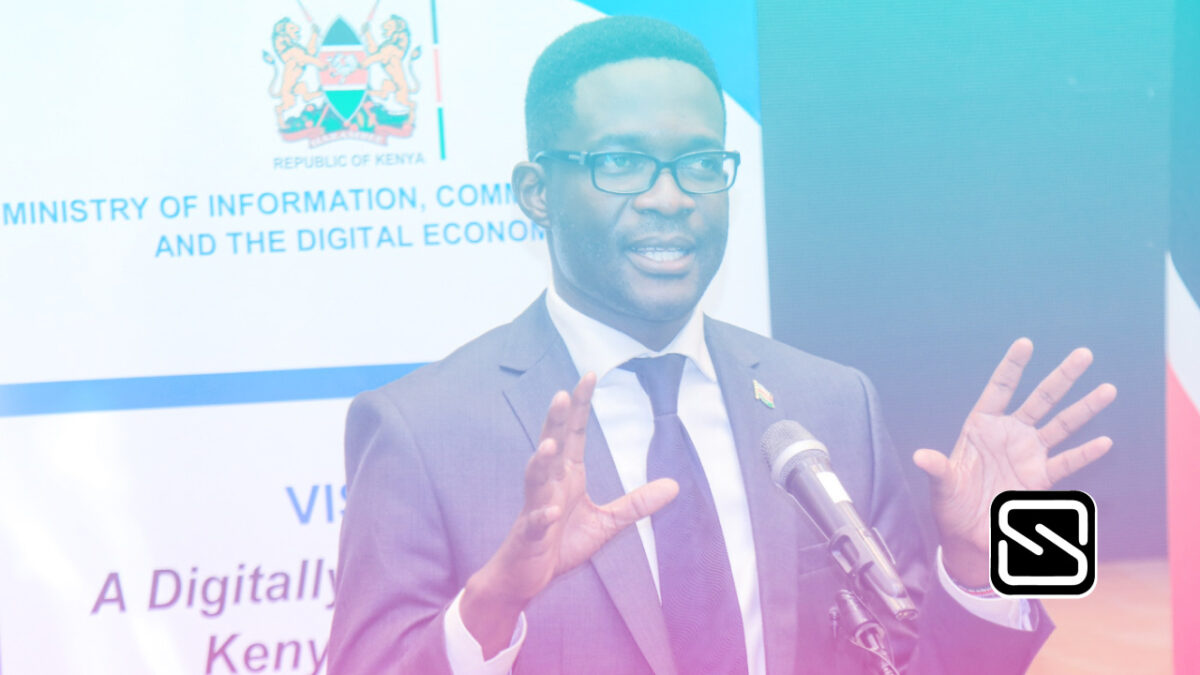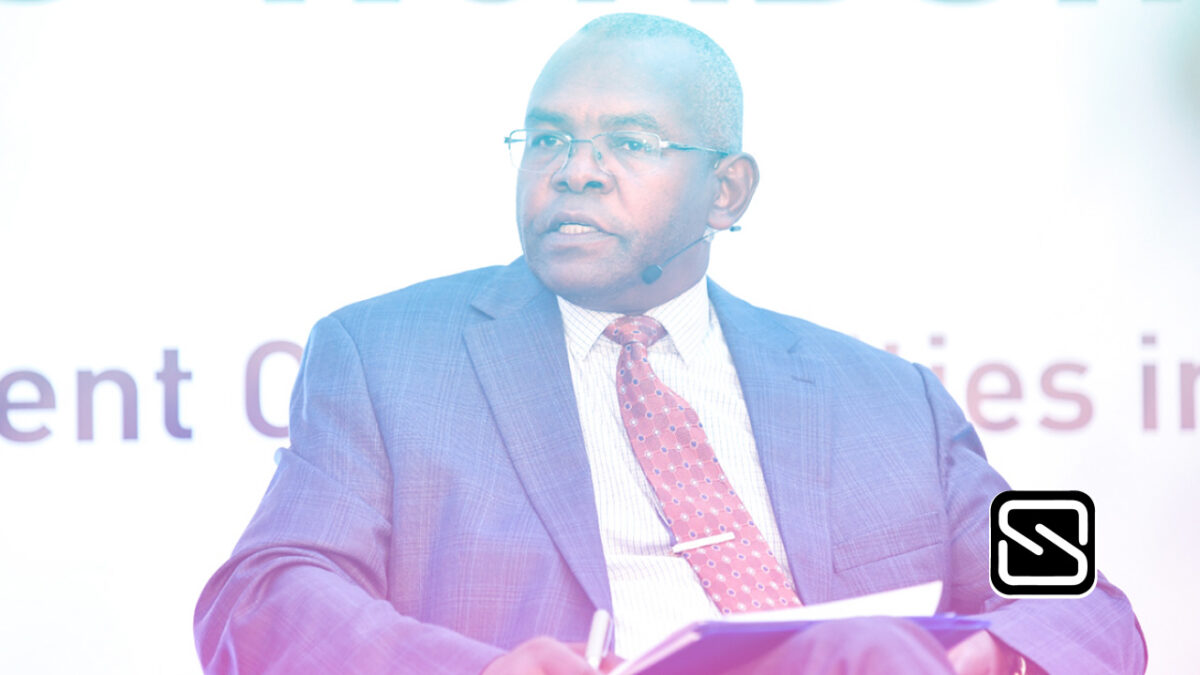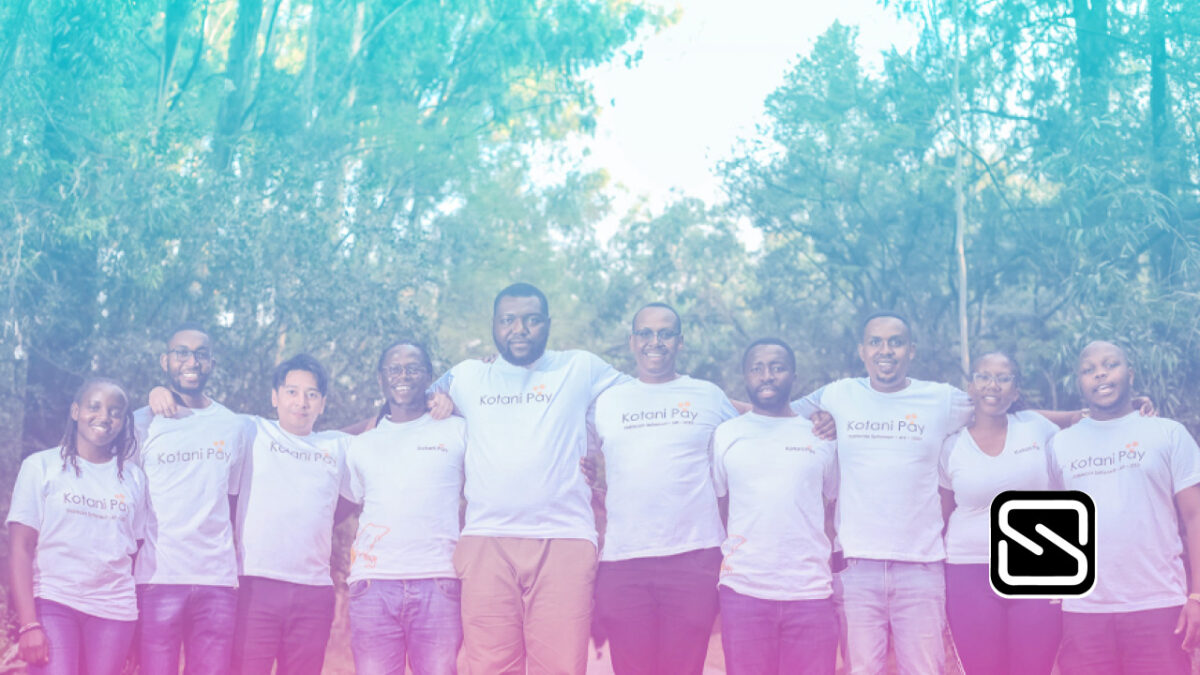Leading the global cryptocurrency Automated Teller Machine (ATM) sector, Olliv is now venturing into South Africa, marking its inaugural entry into the African market. Renowned for its extensive network of over 4,500 Bitcoin ATMs across diverse nations, Olliv has strategic plans for further expansion within South Africa throughout the year 2023. This expansion mirrors Olliv’s core mission of empowering individuals by facilitating access to the global digital economy.
The company has successfully installed nine kiosks in KwaZulu-Natal and Gauteng, supplemented by its Over-the-Counter (OTC) digital Order Desk service. Ben Weiss, the CEO of Olliv, expressed great enthusiasm regarding this development. He conveyed their excitement in introducing crypto kiosks to Mzansi and emphasized Olliv’s longstanding commitment to accessibility and education since its inception. They eagerly anticipate connecting with consumers in the South African region.
Olliv’s expansion into South Africa comes on the heels of a period marked by remarkable growth and innovation. The company recently unveiled a user-friendly crypto platform in the United States. Furthermore, Olliv has expanded its presence in various countries, including Canada, Australia, New Zealand, Italy, Panama, and Brazil, since 2022.
Lloyd Lopes, Director for Africa at Olliv, underscored the burgeoning demand for cryptocurrency in South Africa. He highlighted the immense potential it holds for catalyzing crypto adoption across Africa. According to him, the high consumer demand for cryptocurrency in South Africa renders it an exceptionally compelling market for Olliv to enter. They perceive remarkable opportunities throughout Africa, with South Africa leading the charge in crypto adoption. The company is excited to provide an easy entry point into the digital economy, reinforcing existing crypto interest with the expansion of their Olliv kiosks and Order Desk.
Olliv has earned the trust of its customers by staying committed to industry compliance and fostering transparency. The company has charted impressive growth, nearly doubling its workforce and extending its kiosk footprint on a global scale. Olliv has also placed significant emphasis on customer support and education, prioritizing human-to-human customer service and dedicated Order Desk assistance.
In 2022, the company reported revenues exceeding $130 million, and it is projected to increase its workforce by 23% by the close of 2023. Since its inception, Olliv has expanded its presence across 49 U.S. states and penetrated eight new markets. With plans to extend its reach to more countries by 2024, Olliv positions itself at the forefront of the financial revolution catalyzed by cryptocurrency and blockchain technology.









